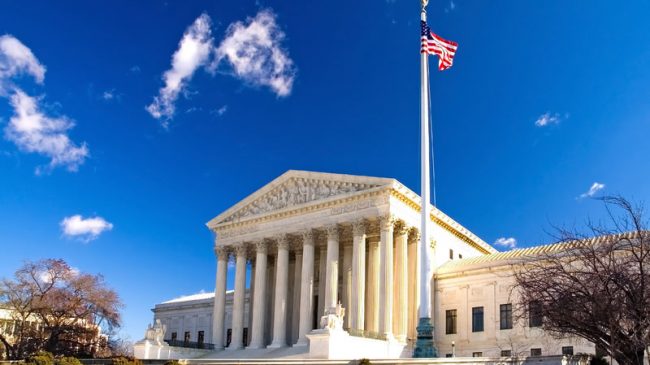Sasha Volokh has a new article on Reason.org analyzing two recent U.S. Supreme Court decisions related to immunity in the context of privatized government service delivery. Here’s an excerpt:
The law treats the public and private sectors differently in all sorts of contexts. Sometimes, privatization can increase overall liability—when the government injures people, it generally has sovereign immunity, whereas when it transfers a function entirely to the private sector, the new private operators will generally have to pay for their negligent torts. Sometimes, privatization doesn’t change liability at all—for instance, public and private prisons are considered equally “state actors” that must comply with constitutional guarantees. And sometimes, privatization can decrease overall liability—for instance, public schools open themselves up to federal civil-rights liability if they fire their teachers arbitrarily, whereas private schools don’t.
The precise contours of government vs. private immunity depend on the context and depend on what laws are involved—as explained in this blog post from March 2013. The relative treatment of the public and private sectors will obviously affect the costs and benefits of privatization, the government’s incentives to privatize, and injured parties’ prospects for monetary recovery. This is nicely illustrated by two cases from the U.S. Supreme Court’s recent term: Campbell-Ewald Co. v. Gomez, which was released in January 2016, and Sheriff v. Gillie, which was released in May 2016.
Read the full article here. Volokh’s other legal analyses written for Reason Foundation are available here.

